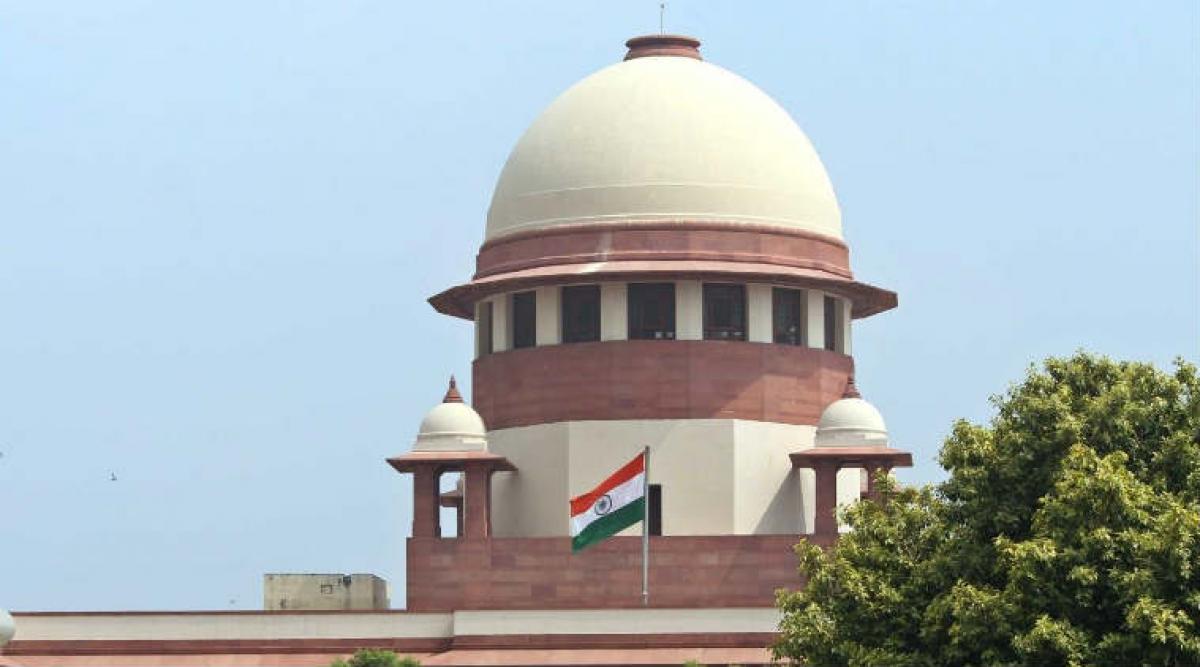Live
- Shreyas Iyer to lead Mumbai as Prithvi Shaw returns for Syed Mushtaq Ali Trophy
- 'Failed to resolve crisis': NPP withdraws support from BJP govt in Manipur
- Chennai: Actress Kasturi Remanded in Custody Until 29th of This Month
- Aaqib Javed likely to become Pakistan's new white-ball head coach
- BJP panel to draft poll charge sheet against AAP govt in Delhi
- Allu Arjun Thanks Fans in Patna, Teases 'Pushpa 2' Release
- Japan to strengthen measures against illegal part-time jobs
- Gahlot resignation: Delhi Congress calls AAP a sinking ship
- Consultative body on doctors' walkout fails to narrow differences in South Korea
- Honouring bravehearts: Army commemorates Nuranang Day









